
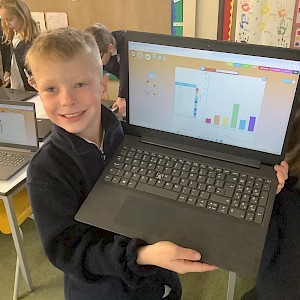

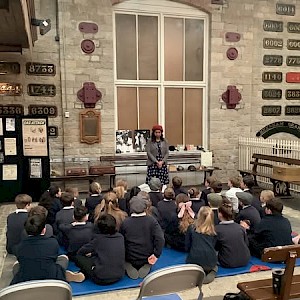
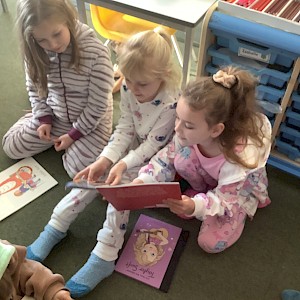

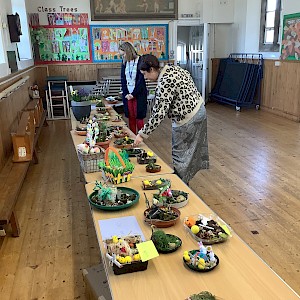

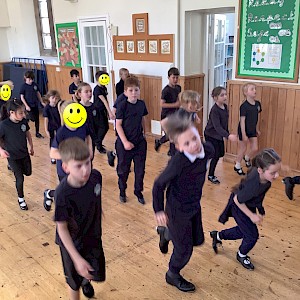
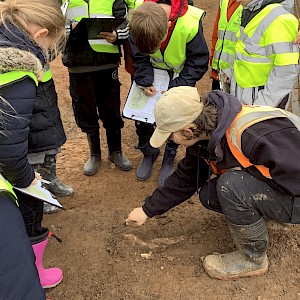
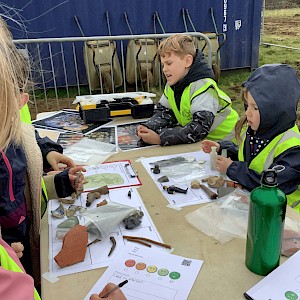
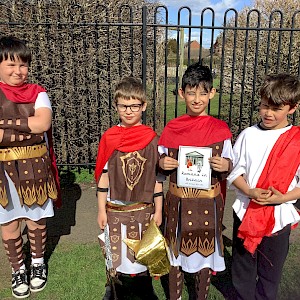

Should you wish to view anything (including our policies) in a printed format, paper copies can be requested free of charge via the school office.
Our school values are fundamental to all aspects of our work. They guide our teaching and learning, creating an environment that nurtures confident and happy citizens.
Each day, during Collective Worship (Assembly), we focus on Christian values that we believe are essential for everyone, regardless of their faith. Through Bible stories and teachings, we emphasise tolerance and respect for others with different beliefs, fostering a sense of inclusivity and understanding.
Flourishing together with Community, Hope, Perserverance and Friendship.
In accordance with The Department for Education we aim to actively promote British Values in schools to ensure young people leave school prepared for life in modern Britain.
Pupils are encouraged to regard people of all faiths, races and cultures with respect and tolerance and understand that while different people may hold different views about what is ‘right’ and ‘wrong’, all people living in England are subject to its law.
Office Opening Hours: 8.30am - 4:00pm
Telephone Number: 01793 823379
Head Teacher: | Mrs Marie Hendry |
Assistant Head Teacher: | Mr Mason Conlan |
Business Officers: | Mrs Jayne Smith & Miss Nicole Townsend |
Chair of the Governors: | Mrs Alison Robb-Webb (contact the school office for details) |
Copyright South Marston Church of England Primary School © 2026
Website by Warp Design & Thinking Creative